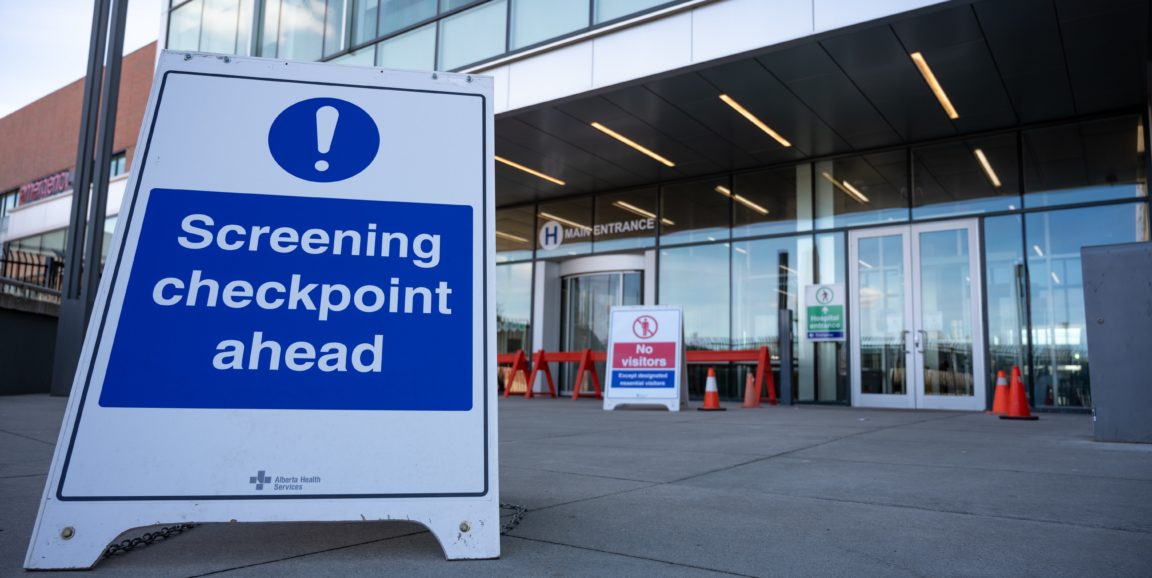Stanford researchers have found that screening all adults in the United States one time for hepatitis B could save as many as 68,000 lives, along with trillions of dollars in healthcare costs over the lifetimes of people who suffer from the disease.
About 257 million people worldwide are living with chronic hepatitis B infection -- a potentially deadly viral infection that attacks the liver. That's some 210 million more than the number of people infected with HIV, according to the World Health Organization. If left untreated, 1 in 4 people with this blood-borne virus will die from liver failure or cancer.
However, because hepatitis B patients can go without symptoms for years, most are unaware they are infected, leading to hundreds of thousands of preventable deaths across the globe annually.
"As a surgeon, we spend so much money, time, and effort just to save one life from liver failure and liver cancer," said Samuel So, MD, founder of Stanford Medicine's Asian Liver Center and the senior author of the research, published this May in Clinical Infectious Diseases. "The number of lives I can save through surgery is very few compared to a universal program that screened people and prevented them from developing all of these complications," he said.
A critical health disparity
In the U.S., 1 in 12 Asian Americans is chronically infected with hepatitis B compared to 1 in 1,000 non-Hispanic whites. Although Asian Americans make up only 6% of the population, they represent more than half of the nation's 862,000 to 2.4 million chronic hepatitis B patients.
Many countries in Asia and the Pacific Islands have moderate-to-high rates of chronic hepatitis B. Consequently, some first-generation Asians in the U.S. have been infected during childbirth from their mothers and never received a vaccine, said So.
In 2007, So and his colleagues published a study showing that it saves health care systems a lot of money to routinely screen all Asian Americans and Pacific Islanders for the infection. As a result, the Centers for Disease Control and Prevention recommended that all people born in countries with an elevated prevalence of hepatitis B be screened.
But implementing this plan in the U.S. proved difficult because many Asian Americans don't realize they are at a high risk for becoming infected and their doctors fail to suggest they get tested. So, these recommendations failed to cause significant increases in hepatitis B testing, diagnosis or treatment.
To simplify the process, So and his colleagues partnered with the CDC to investigate the economic and public health impact of screening all adults ages 18 to 69. Using a mathematical model developed by Mehlika Toy, PhD, and David Hutton, PhD, the researchers found that for every 100,000 adults who receive a screening one time in their lives, there would be 10.7 fewer cases of cirrhosis, or scarring of the liver from late-stage liver disease, 5.5 fewer cases of liver cancer, 1.9 fewer liver transplants and 10.3 fewer hepatitis B-related deaths, and a cost savings of $262,857.
Policy changes
The researchers hope their latest findings will lead the CDC to make a national hepatitis B screening recommendation that would be included in all electronic medical record systems, said So.
"This won't be an overnight implementation," said Toy, a scientist at the Asian Liver Center and lead author of the paper. "But the CDC has been successful with hep C guidelines, so I truly believe that they will do the same for hep B."
So agrees and thinks this recommendation could be administered within the year.
And there's some local movement in that direction. Just this spring, California Assembly Bill 789, which aims to expand testing for hepatitis B and C and close disparities in diagnosis and treatment, passed the state assembly unanimously with a vote of 78-0 and will be moving onto the state senate.
Together, these policy changes can help WHO reach their ambitious goal of eliminating the public health burden of hepatitis B by the year 2030, the researchers said.
"I founded the Asian Liver Center with the goal of global elimination of hepatitis B," said So. "Now it might actually happen."
Photo by Graham Ruttan




